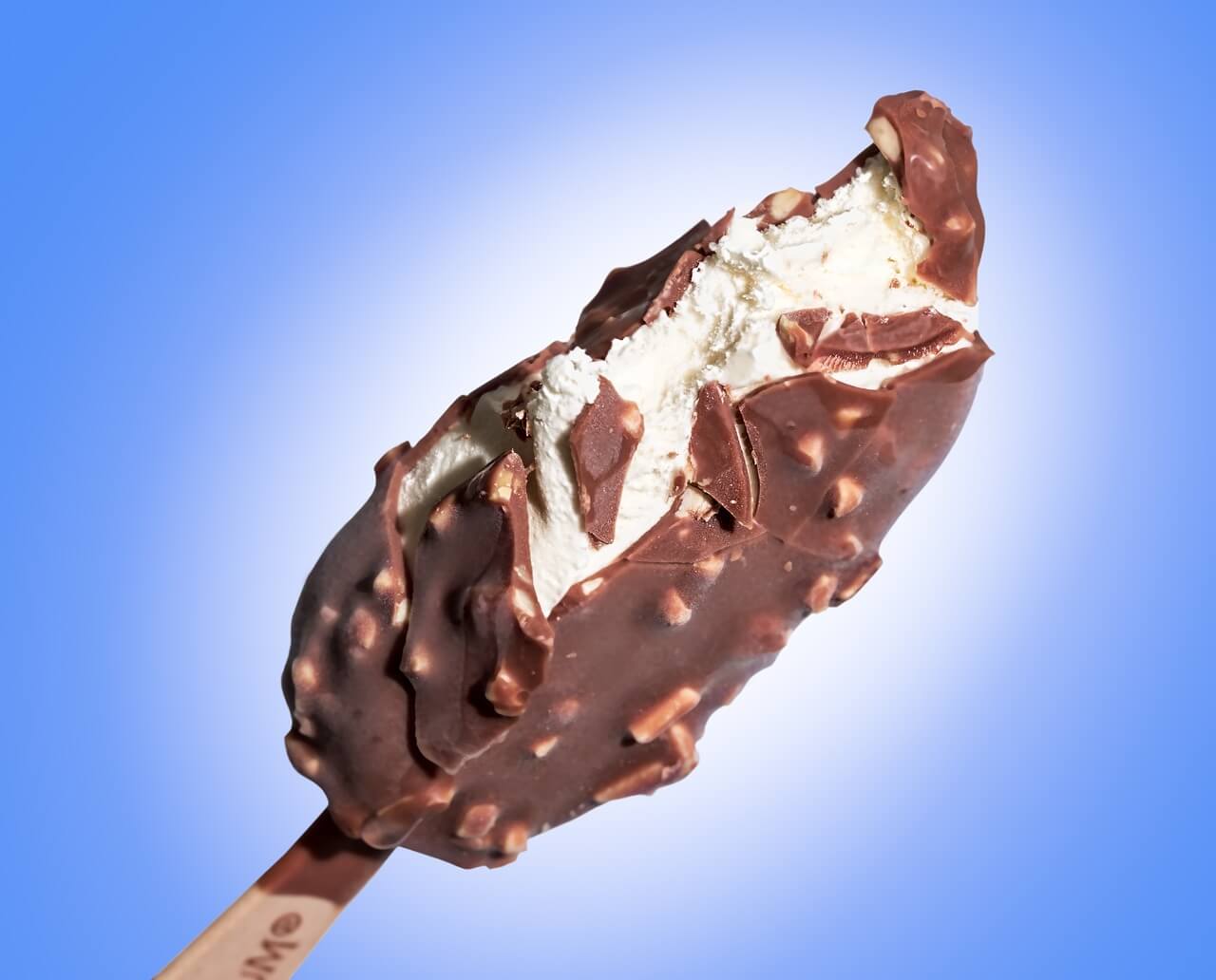The unlikeliest way to combat climate change? Making ice cream that doesn’t melt easily, so that stores can consume less energy to power their huge freezers.
That’s something that is in the works at Unilever, the giant company that owns a lot of the brands you use on the daily – and is the world’s biggest icecream manufacturer. Unilever’s portfolio includes most beloved ice creams like Ben & Jerry’s, Breyers, Magnum, Cornetto and Popsicle.
The company is now testing new ice cream recipes that would melt at a higher temperature than the standard zero degrees Fahrenheit. According to them, storing ice cream at 10 degrees Fahrenheit instead would reduce the energy use and greenhouse gas emissions by as much as 20% to 30% per freezer.
Keeping ice cream at 10 degrees as opposed to zero will reduce energy use and greenhouse gas emissions by roughly 20% to 30% per freezer, it said.
The move to create ice cream that doesn’t melt at higher temperatures does affect the formula consumers know and love, and comes with its own set of issues. From a WSJ report:
“But the strategy has required Unilever to reformulate some of its ice creams so they can withstand higher temperatures without melting, losing structural integrity or forfeiting what the company calls their distinctive mouthfeel. Higher temperatures can lead to softer ice creams that stick to wrappers and slide off ice cream sticks, for example, said Andrew Sztehlo, chief research and development officer for Unilever’s ice cream division. Other ingredients such as wafer cones can turn soggy in warmer temperatures, he said.”
Ice-cream lovers will of course know that there are some ice-cream types that do not melt as expected – think of Turkish ice cream, which behaves like a non-newtonian device, with vendors stretching it and playing with it to entice passers-by on the street. For Turkish ice cream, the secret to non-meltiness is the addition of salep, a natural gum extracted from a rare type of orchid.
While salep is a rare and expensive ingredient, other food thickening gums and gelling agents like glucomannan, guar gum, or tara gum could soon be used even more in ice-cream recipes.
Unilever tested new ice-cream recipes in Germany in a pilot program and is now doing further testing in Indonesia. According to WSJ, the company didn’t share a timeline for this project but says it has plans for testing to go as far as 15 years from now.
Also read: The Scientist Behind Lickable TV Introduces Electric Chopsticks That Enhance the Taste of Salt
Follow TechTheLead on Google News to get the news first.

















